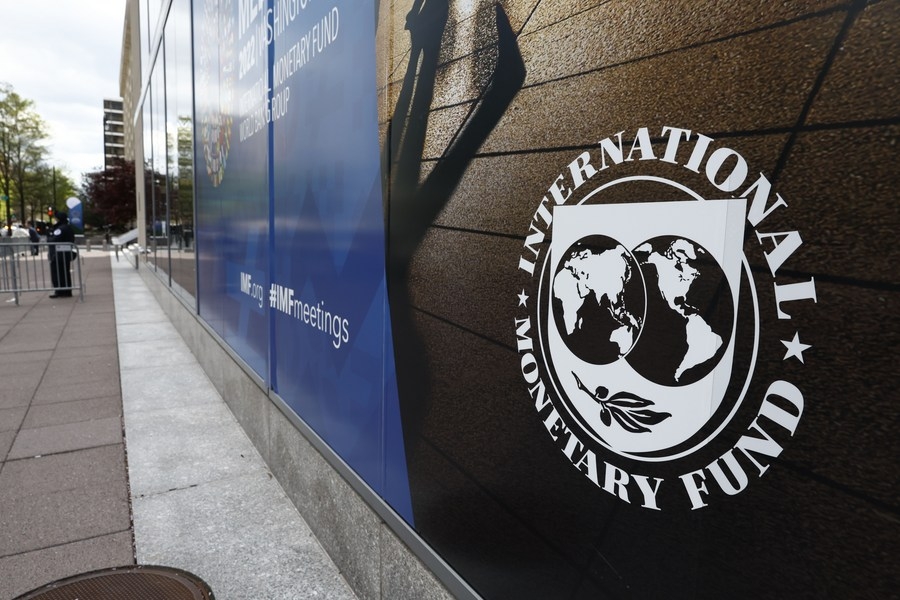According to the latest IMF review, the UAE GDP growth is projected to reach above 6 percent in 2022, improving from 3.8 percent in 2021..reports Asian Lite News
The UAE economy has quickly survived the economic impact of the COVID-19, with near-term economic growth being strong, underpinned by a rebound in domestic activity, while elevated oil prices support high surpluses in the fiscal and external balances, according to a top IMF official.
“Economic growth has been robust this year, led by a strong rebound in tourism, construction, and activity related to the Dubai World Expo, as well as higher oil production in line with the OPEC+ production agreements. The economic recovery is gaining momentum driven by return of economic cycle,” Jihad Azour, Director of Middle East and Central Asia Department, International Monetary Fund, said.
According to the latest IMF review, the UAE GDP growth is projected to reach above 6 percent in 2022, improving from 3.8 percent in 2021. Inflation has risen with global trends and is expected to average just over 5 percent this year. Fiscal and external surpluses have increased further, benefiting from the higher oil prices as well as the removal of the temporary COVID-crisis related fiscal support to businesses and households as the pandemic has gradually waned. Increased global uncertainty led to larger financial inflows, contributing to rapid real estate price growth in some segments.
He added that the UAE economic outlook remains positive, supported by domestic activity. “We expect non-hydrocarbon growth to be around 4 percent in 2023 and to accelerate over the medium-term with the implementation of ongoing reforms. Inflationary pressures are projected to moderate gradually, including from the impact of tightening financial conditions. Further development of domestic capital markets, including through the issuance of local currency debt by the federal government will also support growth.”

As to the Middle East and Central Asia, Azour said that economic activity in the region has been resilient thus far, with multispeed recovery continuing in 2022; and “we project that the MENA region to grow at 5 percent this year, up from 4.1 percent in 2021. However, the worsening of global conditions will weigh on the outlook for next year with growth slowing to 3.6 percent. Growth is projected at 5.2 percent this year for the oil exporters, with high oil prices and robust non-oil GDP growth of setting the global headwinds.”
He underlined the importance of stability on the monetary side, on the financial side, and with regard to inflation. “Financial and economic stability is important to enable the investor to increase the level of the investment and the citizen to be able to have purchasing power and to maintain it.”

Leave a Reply